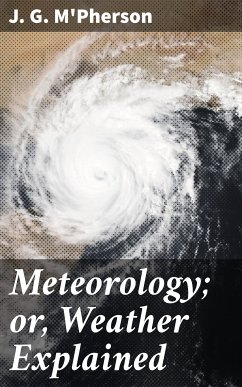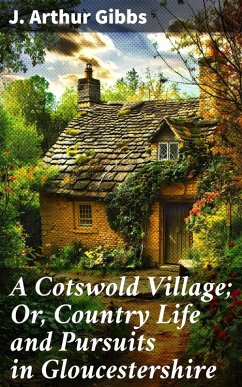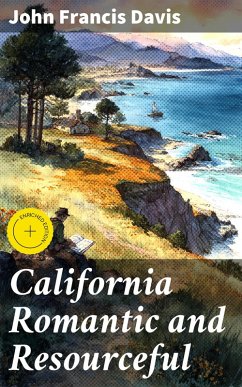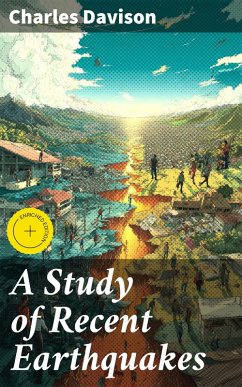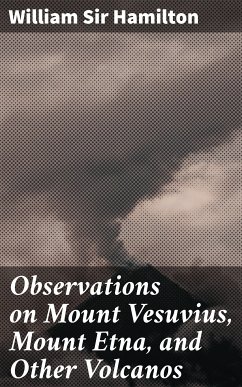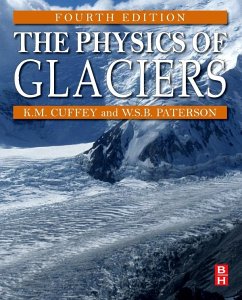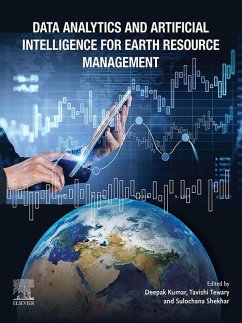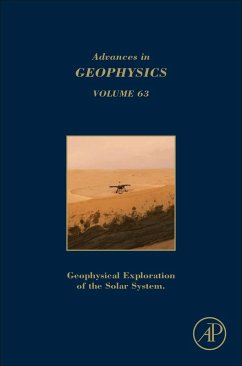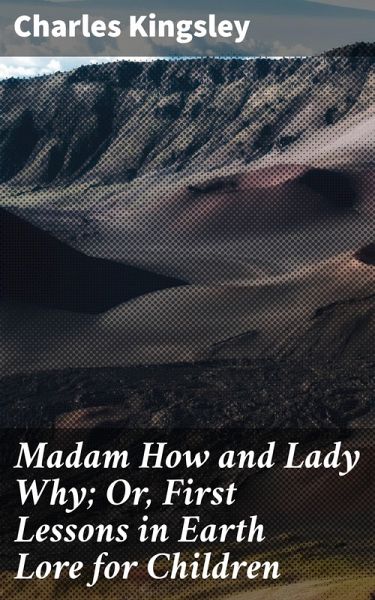
Madam How and Lady Why; Or, First Lessons in Earth Lore for Children (eBook, ePUB)
Enriched edition. Unveiling the Earth's Mysteries: A Journey Through Natural Wonders and Lore
Kommentar: Finley, Marcus / Redaktion: Good Press

PAYBACK Punkte
0 °P sammeln!
In "Madam How and Lady Why; Or, First Lessons in Earth Lore for Children," Charles Kingsley artfully weaves a narrative that serves as both a scientific primer and a moral guide for young minds. Through enchanting storytelling, Kingsley introduces children to concepts of ecology, geology, and natural history, personifying elements of nature as women in a whimsical yet enlightening dialogue. His writing style reflects the Victorian era's fascination with scientific inquiry, while also drawing upon pastoral traditions, making complex ideas accessible to his intended youthful audience. The book c...
In "Madam How and Lady Why; Or, First Lessons in Earth Lore for Children," Charles Kingsley artfully weaves a narrative that serves as both a scientific primer and a moral guide for young minds. Through enchanting storytelling, Kingsley introduces children to concepts of ecology, geology, and natural history, personifying elements of nature as women in a whimsical yet enlightening dialogue. His writing style reflects the Victorian era's fascination with scientific inquiry, while also drawing upon pastoral traditions, making complex ideas accessible to his intended youthful audience. The book celebrates the interconnectedness of life, urging readers to appreciate the beauty and wisdom of the natural world. Charles Kingsley (1819-1875) was an English writer, historian, and minister whose passion for nature and education profoundly influenced his literary creations. Growing up in a time when the Industrial Revolution was transforming society, Kingsley sought to marry scientific understanding with a sense of wonder. His deep commitment to social reform and his belief in the importance of fostering a love for nature in children shaped his writing, ultimately culminating in this charming work. "Madam How and Lady Why" is highly recommended for parents and educators aiming to cultivate a genuine appreciation for science and nature in children. Its vivid imagery and engaging dialogue not only entertain but also inspire curiosity, fostering a lifelong respect for the environment. This beautifully illustrated text is a perfect addition to any child's library, instilling foundational concepts that remain critical in today's world. In this enriched edition, we have carefully created added value for your reading experience: - A succinct Introduction situates the work's timeless appeal and themes. - The Synopsis outlines the central plot, highlighting key developments without spoiling critical twists. - A detailed Historical Context immerses you in the era's events and influences that shaped the writing. - A thorough Analysis dissects symbols, motifs, and character arcs to unearth underlying meanings. - Reflection questions prompt you to engage personally with the work's messages, connecting them to modern life. - Hand-picked Memorable Quotes shine a spotlight on moments of literary brilliance. - Interactive footnotes clarify unusual references, historical allusions, and archaic phrases for an effortless, more informed read.
Dieser Download kann aus rechtlichen Gründen nur mit Rechnungsadresse in A, B, BG, CY, CZ, D, DK, EW, E, FIN, F, GR, H, IRL, I, LT, L, LR, M, NL, PL, P, R, S, SLO, SK ausgeliefert werden.




